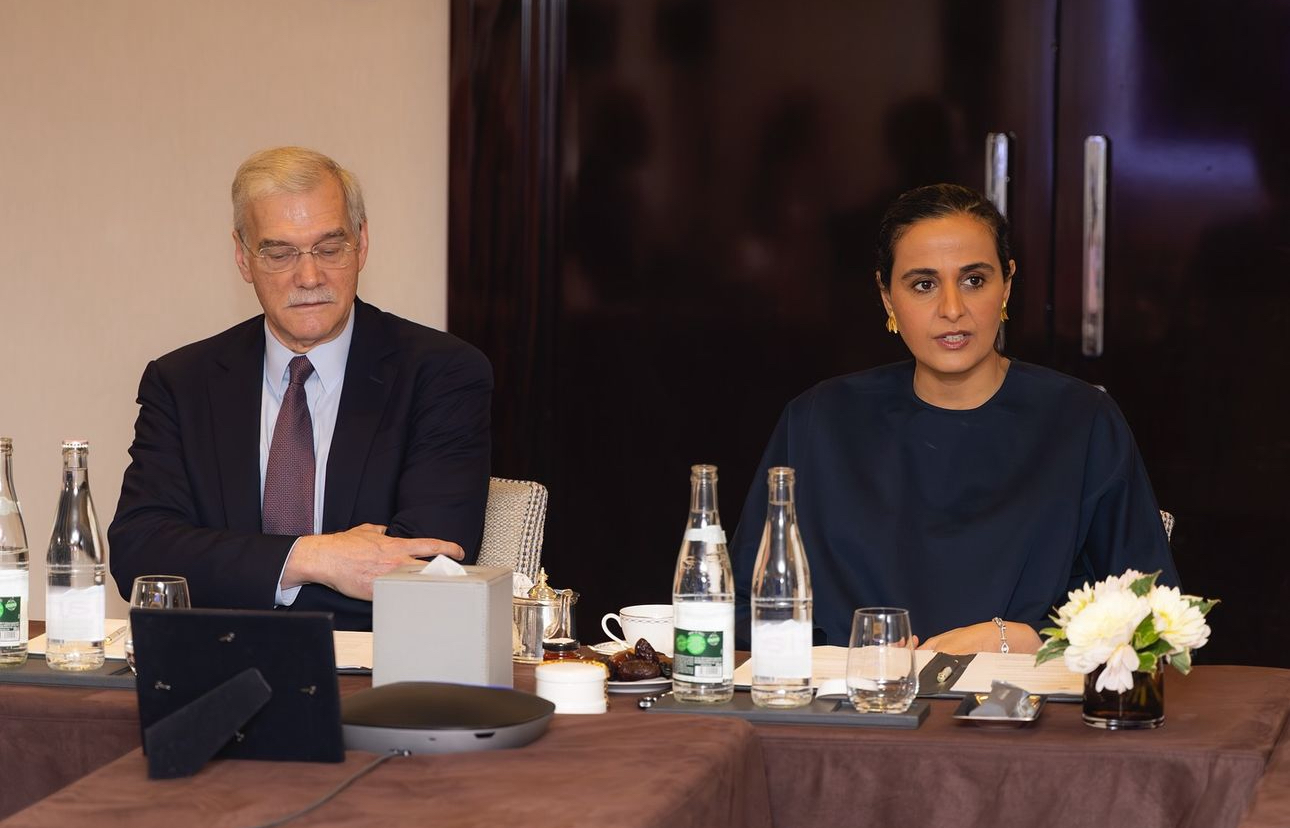
New figures show that families are shouldering an increasingly heavy financial burden to educate their children in Qatar.
According to the Supreme Education Council’s 2012-2013 Schools and Schooling Report, the average annual cost of educating a child in Qatar is now QR13,026, up from QR10,208 last year.
This figure factors in the free schooling offered to Qatari children at government-run independent schools, as well as the cost of an overall education – including tuition fees and books – at private Arabic and international schools.

Average aside, the cost of education varies widely in Qatar. International schools (which include American, British, Indian and Filipino schools) top the list at QR21,503 per year, while private Arabic schools cost an average of QR16,137/year. Independent government schools are the cheapest, at QR8,309 annually.
This year’s report states that international school fees have actually gone down by QR2,809 in the past year. This news comes as the SEC denied the majority of requests from private schools to increase fees for the current academic year.
However, the report doesn’t take into account what’s going on at “community” schools, which are tied to their countries’ embassies, an SEC official told Doha News.
Many of these institutions have announced large fee increases in the past year, including prominent British school Doha College, which raised tuition by 12 percent.
The report also shows that teachers’ credentials and number of instruction hours students receive varies widely between school systems. Additionally, 45 percent of all teachers changed jobs last year as many staff members reported dissatisfaction with their salaries and how their schools were being run.
Schools shortage
The fee rises at some schools come as the country grapples with a severe shortage of places at private institutions. These schools are generally the only educational option for the country’s expat community, in part because the independent school system curriculum is conducted in Arabic.
Demand for places in Qatar’s schools has increased enormously in the last few years, and the country’s most popular institutions have very long waiting lists.
However, the government’s recently announced 2014-15 budget includes a promise to construct 85 new schools over the next year and a half, a move which could help ease the situation, which has been fueled by the country’s rapid population growth.
By the numbers
The SEC’s latest annual report gives a breakdown of the student population in Qatar, which it says is 45 percent Qatari, 35 percent “other Arabs,” and 20 percent non-Arabs.
It also quantifies the average number of teaching hours per week in the three types of schools. Students are taught:
- 21 hours/week in international schools;
- 16.5 hours/week in private Arabic schools; and
- 13.6 hours/week in independent schools
The report also shows that 30 percent of teachers in Qatar’s schools have received no formal training. International schools have the lowest percentage of untrained teachers (18 percent), followed by private Arabic schools (30 percent) and independent schools (34 percent).
These figures are largely the same as last year, and the overall average for all schools has been constant for the last two years.
Interestingly, only 59 percent of principals at private Arabic schools have formal teaching qualifications, compared to 77 percent at international schools, and 78 percent at independent schools.
Teacher turnover
The report also shows that turnover of teaching staff is high across all of Qatar’s schools, but is particularly acute in private Arabic schools, which saw 64 percent of their staff change in the academic year, compared to 52 percent in international Schools, and 38 percent in independent government schools.
While outgoing staff were not asked in the SEC survey why they were leaving, the report does provide insights into the working conditions of educators in Qatar.
Some 85 percent of independent school teachers said they were unhappy with their remuneration, and 34 percent of international school teachers and 23 percent of teachers at private Arabic schools echoed that sentiment.
Furthermore, only 61 percent of teachers in international schools said they’re happy about the way their school is being run, making them the least content group by school type. Conversely, the majority (89 percent) of independent school teachers said they’re happy with the way their school is being managed.
Professional development also seems to be an area of concern, with the average number of hours devoted to further training dropping from 54.1 hours in 2011 to 41 hours in 2013.
The teacher-student ratio varies significantly across the three school types – from nine students per teacher in government schools, 13.3 in private Arabic schools, to 17.9 in international schools.
Homework
Teachers, parents and students themselves appear to have vastly different perceptions of how much studying is taking place outside of school hours.
Students report doing an average of 6.3 hours/week of homework. That’s nearly triple the 2.2 hours/week parents say their children are studying. Meanwhile, teachers say they are assigning 1.2 hours of homework a week.
The figures were relatively consistent across age levels and school types.
Private Arabic schools offer far fewer extra curricular activities than international and independent schools, although parents and students don’t seem to mind, with overall satisfaction levels being fairly similar across all three school types.
Education survey
On a positive note, around 80 percent of parents from all three school types report that they are satisfied with the performance of their child’s school.
To further gauge public opinion, the SEC has launched an online survey in both Arabic and English, designed to gather opinions and suggestions about the educational system in Qatar.
You can take part in the survey here.
And you can view the full SEC report here:
Thoughts?







